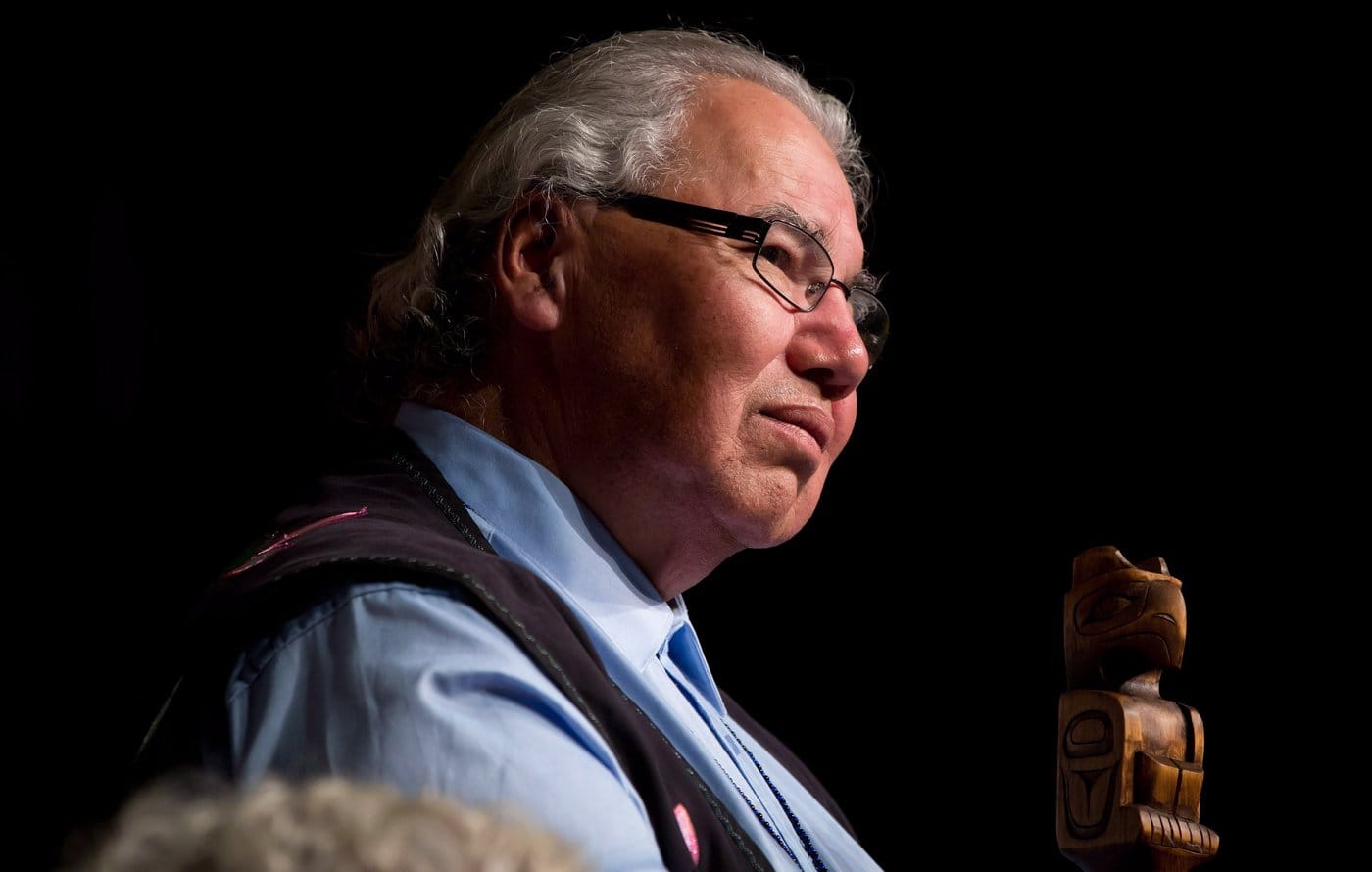Murray Sinclair, an Indigenous judge and TRC chair, passed away at the age of 73. "The best that we can be"
He expressed hope that this phase would foster a genuine respect between Indigenous and non-Indigenous people.

Murray Sinclair, who was born at a time when Indigenous people were not yet granted the right to vote, grew to become a highly respected and influential figure in Indigenous justice and advocacy.
A former judge and senator, Sinclair is perhaps best known for his role as chair of the Truth and Reconciliation Commission investigating the impact of residential schools.
The father of five passed away peacefully on Monday morning at a hospital in Winnipeg, as stated by his family. He was 73 years old.
“Mazina Giizhik (the One Who Speaks of Pictures in the Sky) dedicated his life to serving the people: creating change, revealing truth, and leading with fairness throughout his career,” the family’s statement noted, referencing his traditional Anishinaabe name.
“The impact of our dad’s work reached far across the country and the world. From residential school survivors to law students to those who faced him in a courtroom, he was recognized as an exceptional listener who treated everyone with dignity and respect.”
A sacred fire has been lit outside the Manitoba legislature to help guide his spirit home, according to the family.
Sinclair was born in 1951 and raised on the former St. Peter’s Indian Reserve north of Winnipeg as a member of the Peguis First Nation. He was brought up by his grandparents and graduated from a high school in Selkirk, Manitoba, where he excelled in sports.
Earlier this year, some of his childhood memories were published in his memoir, “Who We Are: Four Questions for a Life and a Nation.” In this work, Sinclair shared his experiences of discrimination as an Anishinaabe student in a non-Indigenous school.
“While I and others succeeded in that system, it was not without cost to our own humanity and our sense of self-respect. These are the legacies all of us find ourselves in today,” he wrote.
Sinclair began his career as an assistant to legislature member Howard Pawley before Pawley became premier. He graduated from law school at the University of Manitoba in 1979.
Within 11 years, Sinclair became Manitoba's first Indigenous judge and the second in Canada when he was appointed as an associate chief judge of the provincial court.
In 2001, he advanced to what was then known as the Court of Queen’s Bench, serving a total of 28 years as a judge.
He was a co-chair of the Aboriginal Justice Inquiry of Manitoba, which sought to determine if the justice system was failing Indigenous people after the murder of Helen Betty Osborne and the police shooting of J.J. Harper.
He also led the complex Pediatric Cardiac Surgery Inquest into the deaths of 12 children at Winnipeg’s Health Sciences Centre.
As the head of the Truth and Reconciliation Commission, Sinclair participated in hundreds of hearings across Canada, listening to testimonies from thousands of residential school survivors.
The commission released its influential final report in 2015, characterizing the events at these institutions as cultural genocide and proposing 94 calls to action.
“Education is the key to reconciliation,” Sinclair stated. “Education got us into this mess and education will get us out of it.”
In 2017, he and the other commissioners were awarded the Meritorious Service Cross for their contributions.
Throughout his career, Sinclair received numerous accolades, including the National Aboriginal Achievement Award (now known as the Indspire Awards) in the field of justice in 1994 and a lifetime achievement award from the organization in 2017.
He was honored with the Manitoba Bar Association’s Equality Award in 2001 and the Canadian Bar Association’s president’s medal in 2018.
In 2016, Sinclair was appointed to the Senate, a role he held until his retirement in 2021. The following year, he was awarded the Order of Canada for his lifelong commitment to championing the rights and freedoms of Indigenous Peoples.
In accepting this honor, Sinclair expressed his desire to demonstrate that addressing Indigenous issues requires a collective national effort.
“When I speak to young people, I always tell them that we all have a responsibility to do the best that we can and to be the best that we can be,” he said.
Due to declining health, Sinclair limited his public engagements in recent years.
He revealed in his memoir that he was living with congestive heart failure and relied on a wheelchair due to nerve damage. His family noted that he had been hospitalized for the past few months.
Sinclair spoke at the 2023 swearing-in ceremony for Manitoba Premier Wab Kinew, the first First Nations person to lead a province, calling this milestone “Manitoba’s true act of reconciliation” that would lead to a “new phase.”
He expressed hope that this phase would foster a genuine respect between Indigenous and non-Indigenous people.
Released in September, Sinclair’s memoir continued to challenge Canadians to take action. “We know that making things better will not happen overnight.
It will take generations. That’s how the damage was created and that’s how the damage will be fixed,” he wrote. “But if we agree on the objective of reconciliation, and agree to work together, the work we do today will immeasurably strengthen the social fabric of Canada tomorrow.”





